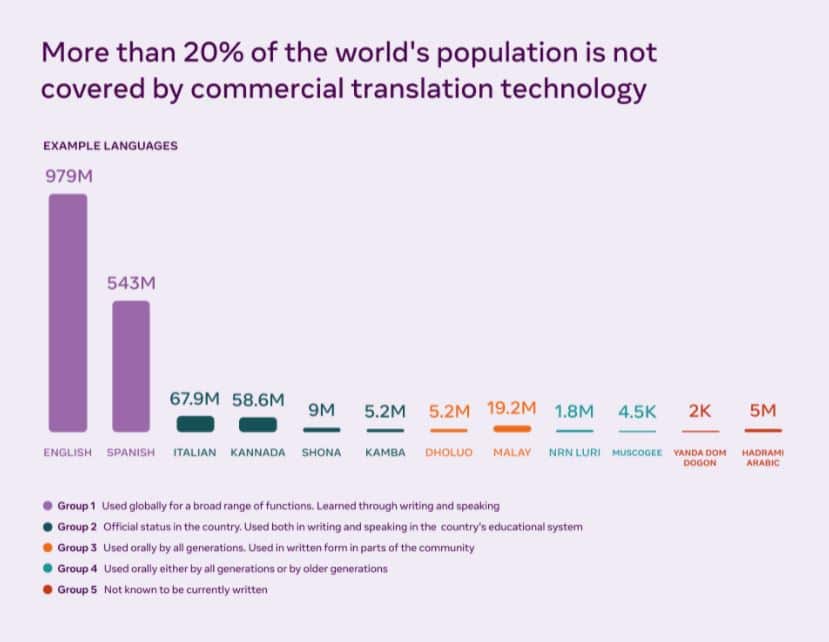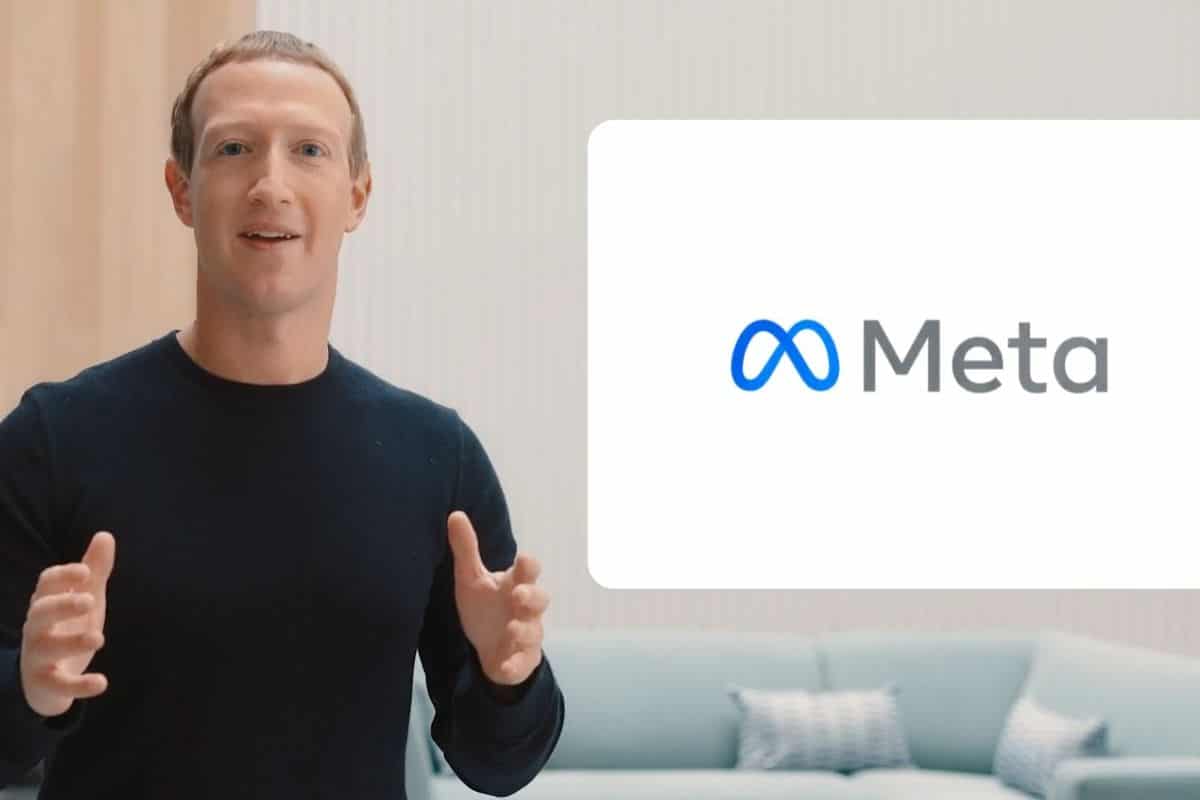During the Inside the Lab: Building for the metaverse with AI event, Meta CEO Mark Zuckerberg announced that the company is working on a simultaneous universal translator. After the much talked about metaverse, another barrier that the US company intends to break down in the coming years. To underline the close correlation between these two projects is Zuckerberg himself:
This will be especially important as people begin teleporting through virtual worlds and experiencing things with people from different backgrounds. We now have a chance to improve the internet and set a new standard where everyone can communicate with each other, no matter what language they speak or where they come from. And if we do it right, this is just one example of how AI can help bring people together on a global scale.
To underline the potential of this project with a view to greater inclusion, is a post on the official blog of Meta, where it is emphasized that while giant steps have been made in the development of tools and apps capable of translating from the most widely spoken languages, like English, Mandarin and Spanish, currently more than 20% of the world’s population does not have access to any machine translation tools in their own language. It should be noted that greater development in this field would allow many people not only to understand and use the most widely spoken languages, but also to change the way they connect to the rest of the world and share ideas, with cascading benefits for all.
Meta’s new challenge: breaking down language barriers

This laudable goal of Meta will develop through two distinct projects. The first is No Language Left Behind, which consists in the creation of a new advanced artificial intelligence model, capable of learning from languages even with a few sentences to train on. This model will be used primarily to create the highest quality translations in hundreds of languages. The second project is Universal Speech Translator, through which Meta is developing new approaches for real-time translation of speech from one language to another, in order to support languages without the need to resort to a standard writing system. The biggest obstacle to all of this is undoubtedly the scarcity of data: the challenge will be to acquire more data for training in different languages, find new ways to exploit what is already available and constantly improve the results.
The announcement of the works on a universal simultaneous translation service is just the latest in a series of steps with which the company that controls Facebook, Instagram and WhatsApp is trying to free itself from social networks, by treading roads that could lead to a concrete improvement of people’s lives. An inclusive turnaround that for now stops at noble projects and important declarations, but which could become reality in the near future. For sure, the ability to communicate with anyone in a simple and fluid way would be a fundamental advance in this regard, as Zuckerberg himself points out:
The ability to communicate with anyone in any language is a superpower that people have always dreamed of, and AI will deliver it to us throughout our lifetimes.















Leave a Reply
View Comments